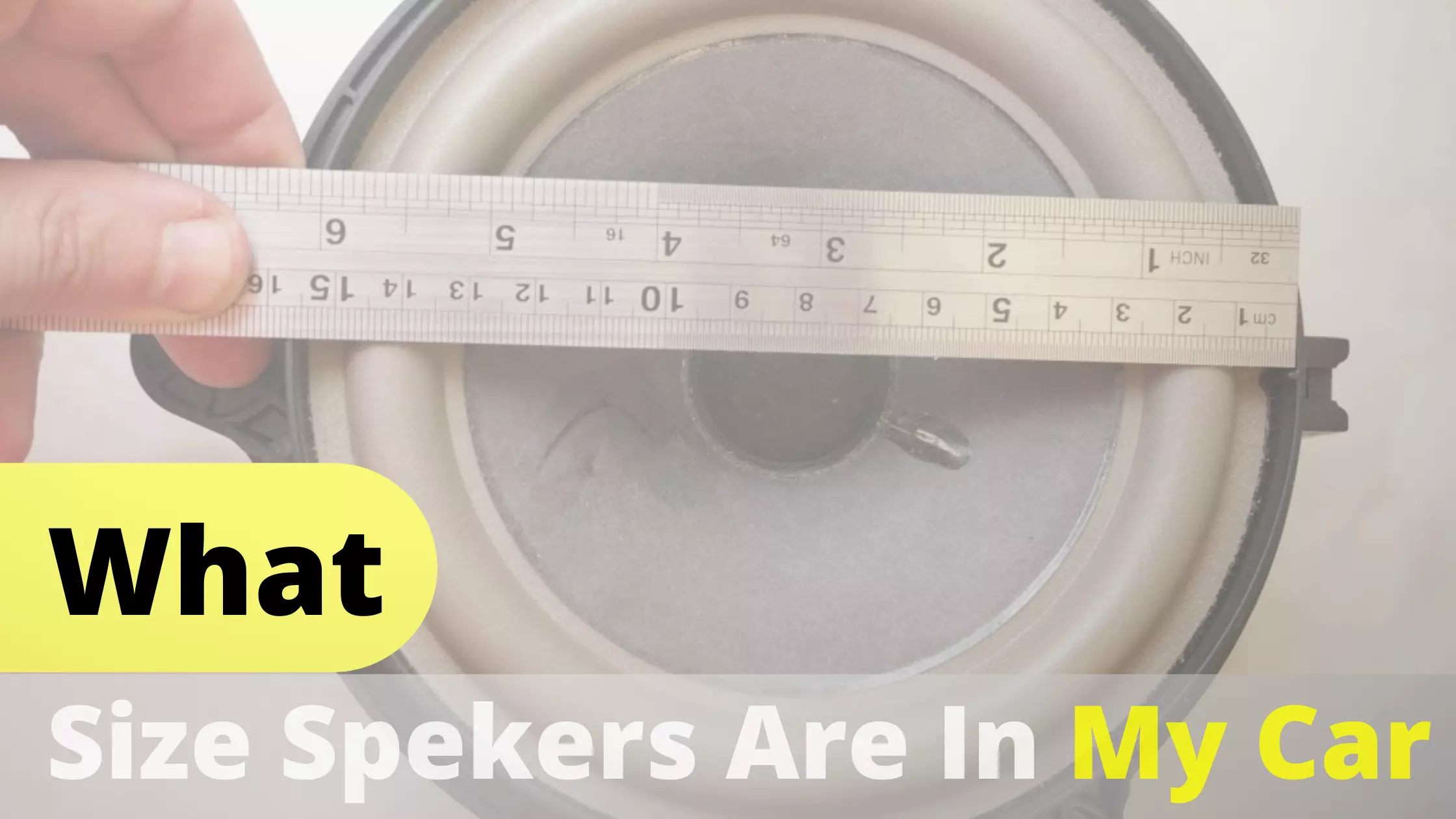Have you ever seen a speaker with RMS written on it and wondered what that means? Or maybe you’re just starting out in the world of audio and are trying to learn as much as you can. In either case, you’re in the right place.
This article will explain everything you need to know about what is RMS in speakers. We’ll cover what it is, how it’s measured, and how it affects your sound. By the end, you’ll be an expert on this important specification!
What is RMS in Speakers?
RMS stands for “root mean square.” It’s a way of measuring the average amount of power that a speaker can handle. To put it simply, the higher the RMS rating, the louder and more powerful the speaker will be.
How is RMS Measured?
RMS is measured in watts. Most speakers will have an RMS rating of around 20-50 watts. Some high-end speakers can go up to 200 or even 300 watts.
How Does RMS Affect Your Sound?
The amount of power that a speaker can handle is important, but it’s not the only thing that affects your sound. The other major factor is sensitivity, which is a measure of how much sound a speaker can produce from a given amount of power.
For example, a speaker with an RMS rating of 50 watts and a sensitivity of 87 dB will be just as loud as a speaker with an RMS rating of 100 watts and a sensitivity of 83 dB. However, the 50-watt speaker will be able to do it with half the power.
This is why RMS is such an important specification. It allows you to compare speakers of different sizes and shapes to see which one will be the best for your needs.
The Difference between RMS and Peak Power:
It’s important to note that RMS is different from peak power. Peak power is the maximum amount of power that a speaker can handle for a short period of time.
For example, a speaker with an RMS rating of 50 watts might have a peak power rating of 200 watts. This means that it can handle short bursts of up to 200 watts without being damaged.
However, you shouldn’t run your speakers at their peak power for extended periods of time. Doing so will damage the speaker and reduce its lifespan.
How to Choose the Right RMS Speaker for Your Needs?
Now that you know all about RMS, you’re probably wondering how to choose the right speaker for your needs. The first step is to decide how much power you need.
If you’re just using your speakers for casual listening at home, then you probably don’t need a lot of power. Something in the 20-50 watt range will be more than enough.
On the other hand, if you’re looking for a speaker that can fill a large room or outdoor space, then you’ll need something with a higher RMS rating.
The next step is to decide what kind of sound you’re looking for. If you want powerful bass, then you’ll want a speaker with a good subwoofer. If you’re looking for clear, detailed highs, then you’ll want a speaker with tweeters.
Finally, you’ll need to decide what size and shape of speaker you want. This is mostly a matter of personal preference. Just make sure that the speaker you choose will fit in the space you have available.
Tips for Setting Up and Using RMS Speakers:
First, make sure your speakers are properly positioned. The tweeters should be at ear level and pointing directly at you for the best sound quality.
Second, don’t forget to break in your speakers before using them. This means playing music at moderate volumes for around 24 hours. This will help ensure that your speakers sound their best.
Finally, experiment with different settings to find the sound you like best. You can adjust the EQ, crossover, and other settings to get the perfect sound for your needs.
The Benefits of RMS Speakers:
- First and foremost, RMS speakers are more powerful and efficient than traditional speakers. This means that they can play your music louder without using as much power. They’re also better at handling sudden bursts of sound, like bass notes, without distorting the music.
- Second, RMS speakers are more durable than traditional speakers. This is because they’re designed to handle more power without being damaged.
- Finally, RMS speakers offer better sound quality than traditional speakers. This is because they can reproduce the low frequencies that traditional speakers often distort.
How to Troubleshoot Problems with Your RMS Speakers?
If you’re having trouble with your RMS speakers, there are a few things you can try to troubleshoot the problem. First, make sure that the speakers are properly plugged into an outlet and that the power cord is firmly plugged into the back of the speaker. If the speaker is still not working, try plugging it into a different outlet.
If that doesn’t work, check to see if there is a loose connection between the speaker wire and the audio input on your stereo receiver or amplifier. Tighten any loose connections and see if that solves the problem.
If your RMS speaker still isn’t working after trying all of these things, it’s possible that there is something wrong with the speaker itself.
Conclusion:
In conclusion, knowing about RMS and peak power is important when choosing and using speakers. By understanding the difference between the two, you can select the right speaker for your needs and set it up properly to get the most out of it.
Additionally, RMS speakers have a number of benefits that make them a great choice for many applications. If you experience any problems with your RMS speakers, troubleshooting tips are available to help you get them working again. Thanks for reading.






